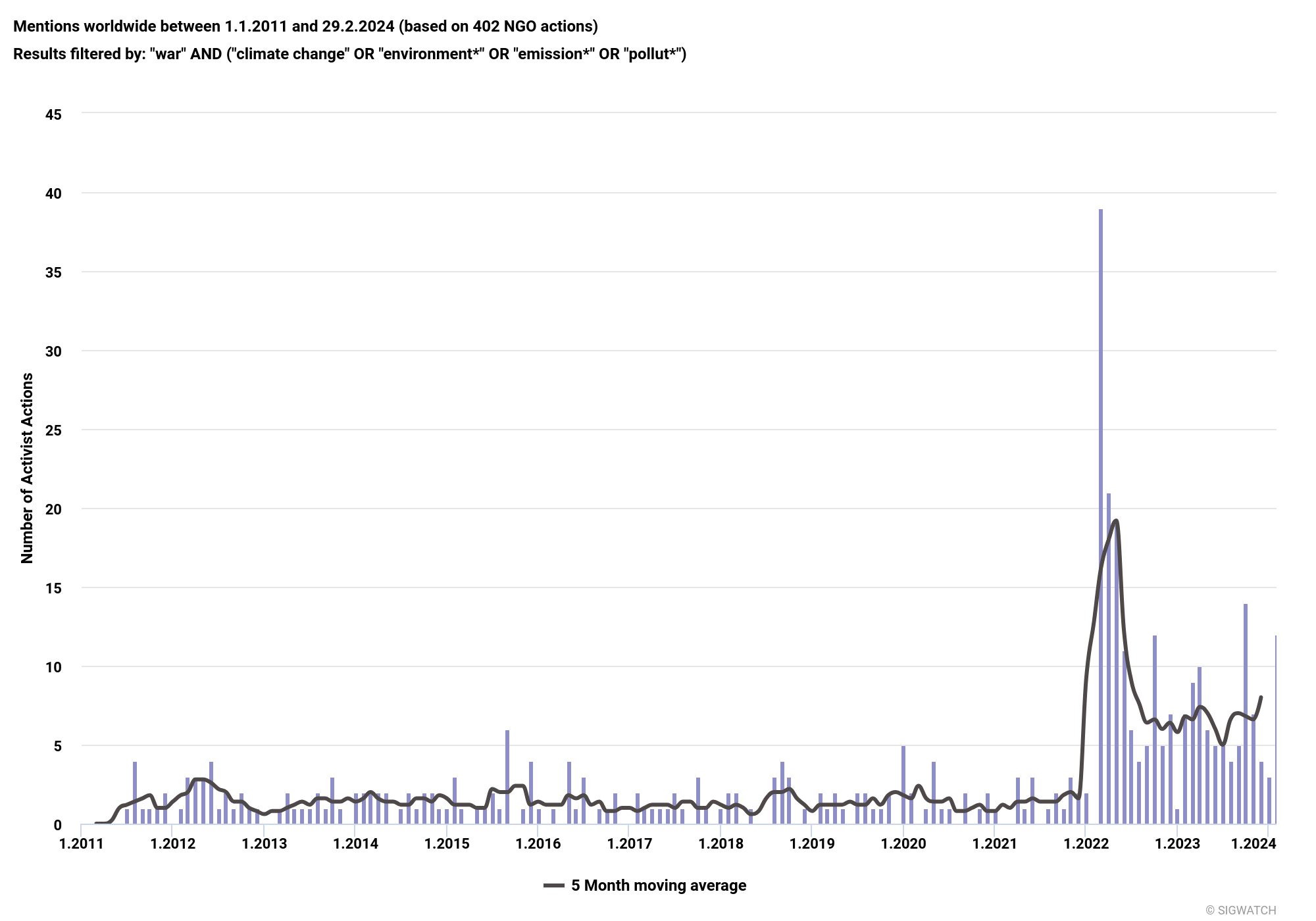
Workers in the City of London will, by this point, be quite familiar with the sight of climate activists causing a ruckus. As key hub for the finance industry, the square mile has been the site of many direct-action protests over the past few years, including office occupations, event disruptions, banner drops, and unwanted building redecoration.
Then came the Palestine protestors. Since October 2023, activism supporting the Palestinian cause has skyrocketed, and much of the ire has been directed towards weapons manufacturers and the financial institutions funding or insuring them. The arrests of protestors attempting to disrupt the London Stock Exchange in January was triggered by accusations that the L.S.E was “supporting the apartheid state of Israel” through bond sales.
Skip forward to today, and the City is once again facing disruption with a Global Week of Action targeting the insurance industry. Activists from the Insure Our Future movement, particularly those from Extinction Rebellion, are protesting in the City, and those who are paying attention may have noticed something curious about the theme of Thursday’s protest: Climate Justice = Palestine Solidarity.
What does Palestine have to do with the climate, you might ask.
Bit of a tenuous link there, some might say.
In reality, the linking of the Israel-Palestine conflict, and of conflicts in general, with climate issues is not new at all. Nor is it as tenuous as it seems.
Players ranging from radical action groups such as Extinction Rebellion to established environmental groups such as Friends of the Earth have highlighted the impact that the war has had on surrounding land and water. They claim that the closing down of Gaza’s sewage works has caused effluent to flow directly into the Mediterranean, while the weapons used in the conflict have led to toxic chemicals leaching into the ground or creating acid rain.
On climate change, groups claim that the bombing has released significant amounts of carbon dioxide into the atmosphere. This allegation has been backed up by a scientific study, released in January, which asserts that “the projected emissions from the first 60 days of the Israel-Gaza war were greater than the annual emissions of 20 individual countries and territories”. Doubtless this has spurred higher levels of alignment between the pro-Palestine cause and environmental groups, as pressure is exerted from different quarters towards a singular goal.
Historical development of climate/war campaigning
This is not the first time that prominent environmental activists have taken on an anti-war campaign
Greenpeace is among the groups that have recently published environmental impact assessments of militaries. Perhaps the most well-known environmental group in the world, it began focusing on the environmental impact of conflict during the war in Yugoslavia in the 1990s. In fact, it was credited as one of the most active groups raising the issue of environmental damage in instability zones at the time.

A turning point in campaigning on emissions, pollution, or climate change issues related to war was the Russian invasion of Ukraine. This was mainly due to the energy industry’s links to Russia, and demands for oil and gas companies to divest, but it did set a precedent for environmental activists focusing heavily on conflict zones and the fallout of war. While campaigning on Russia has since died down, the energy from this issue has clearly carried over into campaigning on Palestine.
Looking forwards
Seeing notorious climate campaigners Extinction Rebellion carrying pro-Palestine placards may be a surprise for some, but there is precedent for what we are witnessing in the City of London this week. Whether its government agencies or private companies that are targeted, we can expect to see more severe campaigning from across the NGO spectrum on the intersection between climate and war.
What our clients say
What our
clients say
“In our experience, SIGWATCH is one of the few sources of ESG data we can absolutely trust to be reliable.”
“Our company is based in Japan. Most employees are Japanese and we don’t really know what is happening around the world. SIGWATCH gives us visibility of the global ESG issues and trends we need to have on our radar.”
“With SIGWATCH, we’re able to absorb NGO data in an awesome way that
simply wouldn’t be possible otherwise. We can hear the NGOs’ voice, to better
strategize and get ahead of trending issues.”
“With social listening, we’re limited to knowing what people are saying only about OECD. With SIGWATCH, we see not only what is being said about us, but also what is being said about everyone else.”
“A lot is said and written about sustainability and ESG every day but no one,
apart from SIGWATCH, provides the big picture, SIGWATCH offers a comprehensive overview of what’s happening in the corporate sustainability
world rather than just a narrow snapshot.”
“SIGWATCH is a good source to show that NGOs are watching us and watching our clients, and we definitely need to be aware of the issues they are bringing up.”

